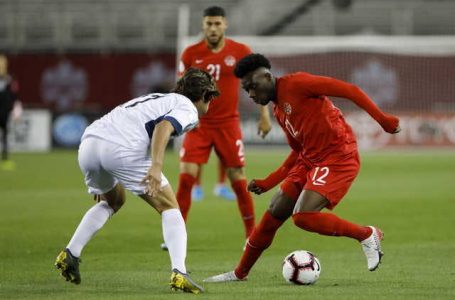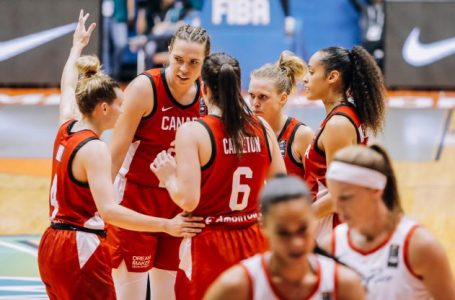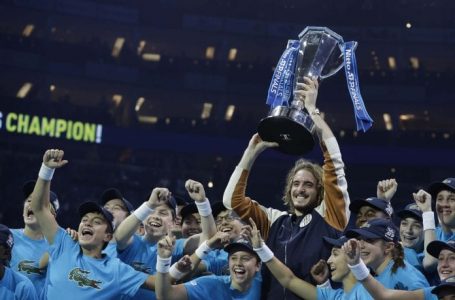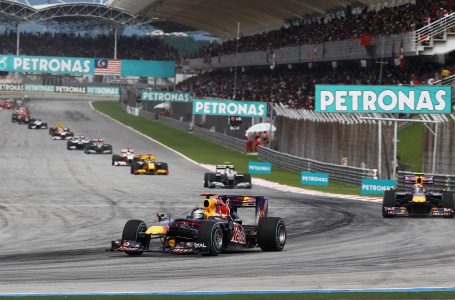Not being able to train constantly can not only affect the physical conditioning of high-performance athletes, but also impact their mental health.
Structure and routine were important components for athletes as they prepared for this summer’s Olympics in Tokyo. With gyms shuttered, pools closed and training facilities dark due to COVID-19, their normal lives have been turned upside down.
Not only has training been interrupted, so has social contact with fellow athletes and coaches. Having the Tokyo Games postponed a year added another layer of stress and confusion.
“In terms of motivation, in terms of isolation, in terms of anxiety . . . I think it has been a really challenging time for a lot of athletes, especially if they’re not getting access to the support that they need,” stated Rosie MacLennan, a two-time Olympic gold medallist in trampoline.
“For a lot of us, something that is so significant in our daily life has been taken away. Also, that goal that was four months away is all of a sudden 16 months away. And while there’s clarity and a date, there’s not much clarity for a lot of athletes on how they’ll qualify or when they’ll be able to train normally again.”
Frank van den Berg, a mental performance consultant with the Canadian Sport Institute Calgary, stated there are mental repercussions from not being able to train frequently.
“Through exercise, endorphins are released into the bloodstream,” van den Berg said. “It helps us feel better. It may also kind of ward off some anxious thoughts.
“It may have some positive effect on how we look at ourselves, our self-esteem or how we think about ourselves.”
Athletes dealing with closed facilities and social distancing must reset their expectations and goals, van den Berg said.
“It’s like when an athlete is injured and is not able to do what (they’re) normally doing,” he said.
“The emphasis needs to be on maintenance of fitness and taking care of your body in good ways. The emphasis and focus should not be on getting stronger or peaking for competitions, because they’re not there. Everyone needs to kind of tone it down but stay active and take care of their body in different ways.”
Athletes are being encouraged to train the best they can at home. They can find social contact by doing virtual workouts online with teammates.









